
What are speech disorders?
Although children are born ready to learn languages, learning them takes some time and each child varies in how quickly he/she master milestones pertaining to language and speech development. Usually developing kids might have problems with certain sounds, words, or sentences while learning. However, most children can use language easily by the time they turn five. Speech disorders affect children in the way they create sounds to form words.
Types of Speech Disorder
- Apraxia– The motor speech disorder caused by damage to certain parts of the brain which is associated with speaking
- Dysarthria- A motor speech disorder where the muscles located in the mouth, face, or respiratory system gets weak and experience difficulty moving
- Stuttering/Stammering- The common speech disorder when a person speaks with difficulty, repeating the initial consonants of words. It includes frequent problems with the normal fluency and flow of speech
- Cluttering is a fluency disorder characterized by an individual’s speech being too rapid or jerky using excessive syllables or abnormal syllable stresses or rhythms.
- Lisping is characterized by the inability to correctly pronounce the sounds of S or Z.
- Spasmodic Dysphonia is a chronic long-term speech disorder which affects the voice and is characterized by a spasming of the vocal cords when an individual tries to speak and results in a shaky, hoarse, groaning or jittery voice
- Selective Mutism is when an individual doesn’t talk in certain or most situations, however, he/she is completely capable of speaking well
- Aphasia is a communication disorder due to damage to the brain’s speech and language center.
- Speech Delay aka Alalia is when a child is not making normal attempts to verbal communication.
- Echolalia- when a person repeats noises and phrases that they hear
What causes speech disorders?
They might affect the vocal cords, muscles, nerves, and throat structures. Causes include vocal cord damage, muscle weakness, brain damage, stroke, vocal cord paralysis, polyps on the vocal cords, and respiratory weakness. Individuals with certain medical conditions or developmental disorders like autism, attention deficit hyperactivity disorder (ADHD), oral cancer, laryngeal cancer, dementia, amyotrophic lateral sclerosis, and Huntington’s disease might also have speech disorders.
What are the symptoms of speech disorders?
- Repeating sounds
- Adding extra sounds and/or words
- Elongating words
- Blinking several times while speaking
- Making jerky movements while speaking
- Pausing frequently while talking
- Distorting sounds when speaking
- Hoarseness or speaking with a raspy/gravelly sound
How are speech disorders diagnosed?
A language development specialist like a speech-language pathologist will conduct assessments such as the following tests to diagnose speech disorders:
- Denver articulation screening exam- A 5-minute test that evaluates the clarity in pronunciation in children between the ages 2 to 7
- Early language milestone scale 2 helps determine a child’s language development and can help identify delayed speech or language disorders
- Peabody picture vocabulary test is used to measure a person’s vocabulary and speaking ability. The person will have to listen to several words and choose pictures that describe the words. Individuals with severe intellectual disabilities and visual impairment won’t be able to take this assessment.
What are the potential complications of speech disorders?
When left untreated, speech disorders can make people suffer a great deal of anxiety which can trigger phobia of public speaking and anxiety disorders.
Managing Speech Disorders
Mild speech disorders need no treatment and some speech disorders might simply go away. But certain others need speech therapy to improve. Treatment options vary depending upon the type of speech disorder.
In speech therapy, a professional therapist will guide you through exercises that work to strengthen the facial muscles and throat. They will also teach breath-control exercises to practice while speaking. Muscle-strengthening exercises and controlled breathing help improve the way words sound.
Some individuals with speech disorders experience depression, nervousness or embarrassment. Talk therapy might be of help in such situations where the therapist discusses ways to cope with the condition and ways to improve the outlook of the condition. In cases of severe depression, antidepressant medications are prescribed.
The new era in speech-language pathology practice is all about innovation and diversification as we move forward. The stimulating factor for such a transformation includes the increasing cost and demand for healthcare services as the population ages. Let’s take a look at some of the upcoming trends in speech-language pathology:Managing Speech Disorders - Future Trends
- Genetic tests might predict newborns who might be at risk of speech disorders allows for early interventions which could give them a better beginning. Genetic tests might offer an objective diagnosis for speech disorders like stuttering which has a strong genetic link. It becomes easier to unlearn a motor pattern if it hasn’t been too deeply ingrained yet.
- Smart technologies (smart homes, smart cars, IoT, etc)- You can just say “Alexa, call my SLP” and make things easier by integrating technology into the home lives of people with speech disorders. The new arrangement revolutionizes their level of interaction with others and helps people with communication and physical impairments. Some of the most popular systems include Google Home, Amazon Echo, Apple’s Siri, and the Facebook Portal. Smart assistants are changing the ways we interact with our homes and giving SLPs a unique opportunity to facilitate independence while providing natural reinforcement and motivation for communication.
- Digital Apps- A majority of educators have downloaded speech apps from the play stores. For example, Four out of five speech therapists have downloaded something from ‘TeachersPayTeachers’. The convenience of downloading exactly what is needed and when it is needed makes it highly purposeful. Also, online digital printables make it easy to find materials to treat specific skills. And for SLPs to carry bags and dragging wheels behind them might make it a strenuous task. Online digital printables make it easy for them to find materials that treat specific skills and the library of purchases is also easily searchable. SLPs can print out when they’re onsite instead of lugging it from here to there. Also, PDFs are the hero that save therapy planning.
 iPads- There can be almost no SLPs who don’t use an iPad. The umpteen iPad apps make assessment and treatment easier. The device is also light, portable and easy to use. Cheap iPad games can be used as rewards and reinforcements at the end of a session. Even though there is an upfront investment in an iPad and the necessary apps, SLPs can own it for a lifetime.
iPads- There can be almost no SLPs who don’t use an iPad. The umpteen iPad apps make assessment and treatment easier. The device is also light, portable and easy to use. Cheap iPad games can be used as rewards and reinforcements at the end of a session. Even though there is an upfront investment in an iPad and the necessary apps, SLPs can own it for a lifetime.- 3D-printing: The world of 3D is not limited to printing but is encroaching into other realms a well. It can help create hearing aids to 3D-printed assistive devices and is here to stay and get more useful and affordable. As with speech therapy, the applications of 3-D printing are limited only by the human imagination, as therapists will now be able to take individuals with speech disorders beyond the “page” and share practically real-life duplications with them.
- Teletherapy has been used to reach students as well as communities that are understaffed or underserved. Ever since The Mayo Clinic’s landmark study conducted about two decades years ago, the acceptance and impact of teletherapy continue to expand. But aside from the benefits for individuals with speech disorders and the school administrators seeking to serve their students, the plethora of teletherapy benefits for speech therapists are driving the growth as well. Filling such chronic shortages is good public relations and teletherapy companies have been expanding to reach further extends.
- Virtual reality is expanding and is creating a huge opportunity for the field of speech. Virtual reality’s impact on education will be wide-reaching and meaningful to SLPs and their clients. Perhaps the most radical changes to the speech-language pathology will be in the world of Virtual Reality driven by the accelerating developments in the field of Artificial Intelligence. Although there exist some controversies within the SLP community regarding the benefits of VR to the profession, there is no question that it is only a matter of time before it will be tweaked to bring people with speech disorders to places previously unimagined.
Sources / References: https://www.cdc.gov/ncbddd/childdevelopment/language-disorders.html https://www.healthline.com/health/speech-disorders#outlook https://medlineplus.gov/ency/article/001430.htm https://leader.pubs.asha.org/doi/10.1044/leader.FTR1.24052019.44






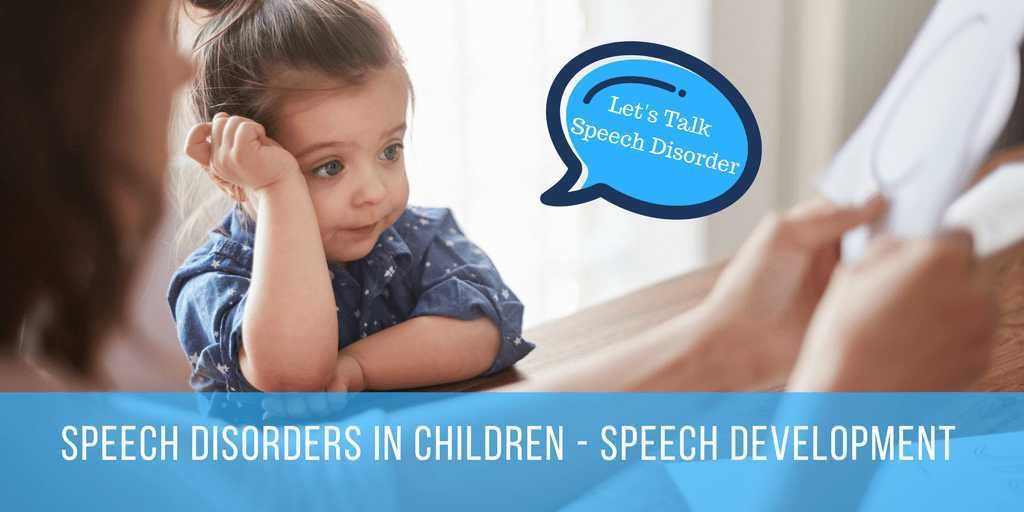
 iPads- There can be almost no SLPs who don’t use an iPad. The umpteen iPad apps make assessment and treatment easier. The device is also light, portable and easy to use. Cheap iPad games can be used as rewards and reinforcements at the end of a session. Even though there is an upfront investment in an iPad and the necessary apps, SLPs can own it for a lifetime.
iPads- There can be almost no SLPs who don’t use an iPad. The umpteen iPad apps make assessment and treatment easier. The device is also light, portable and easy to use. Cheap iPad games can be used as rewards and reinforcements at the end of a session. Even though there is an upfront investment in an iPad and the necessary apps, SLPs can own it for a lifetime.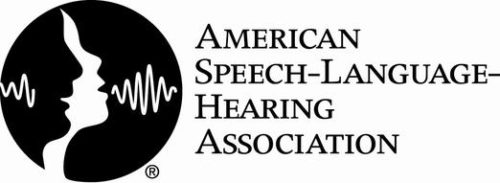
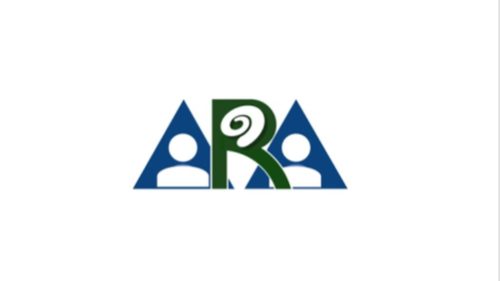
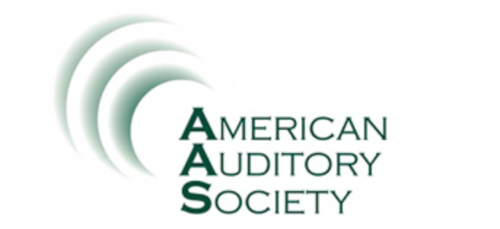
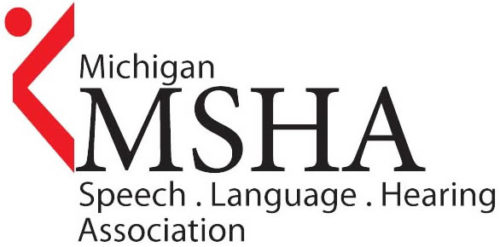

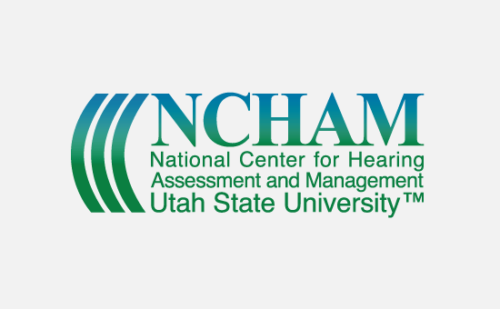
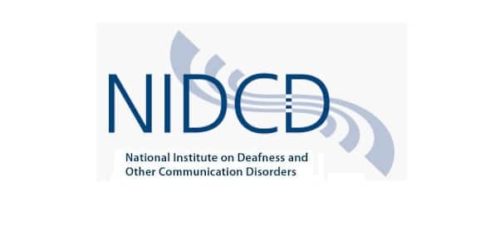
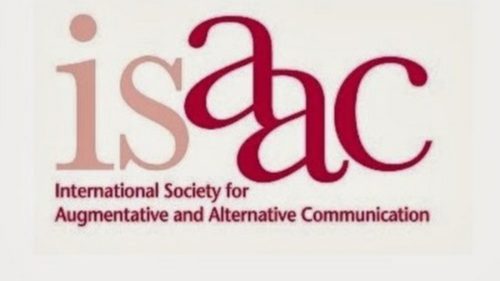
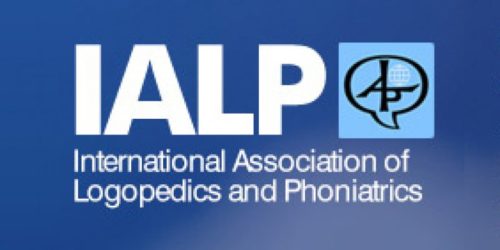
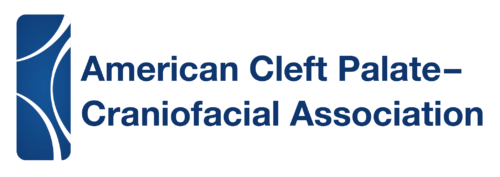

Leave a Reply